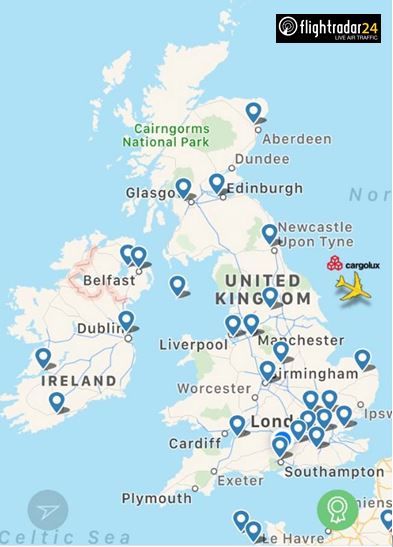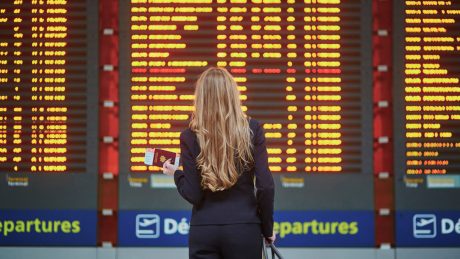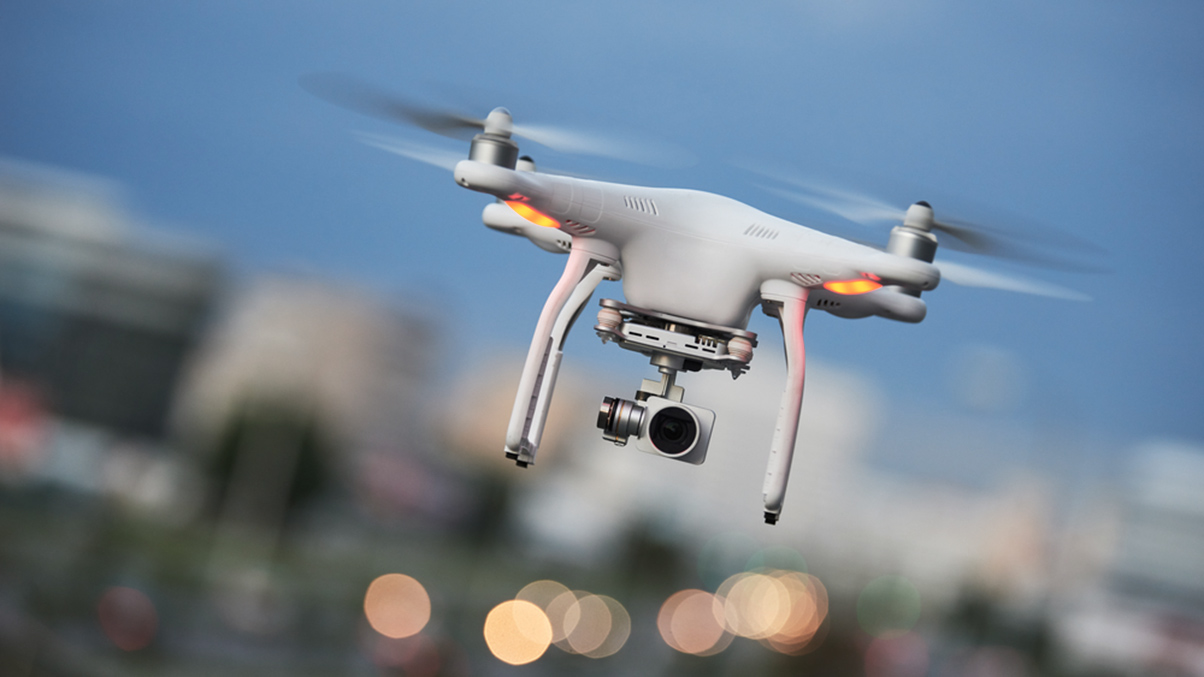Covid-19 has thrown a strong punch at the aviation industry. Extensive travel restrictions have been implemented globally, countries are imposing quarantines, and times are uncertain, unprecedented and challenging. In this article, Sarah Stewart and Dani Tselentakis examine some of the ways in which the pandemic has impacted on the aviation industry, passenger rights and how litigation is being conducted in light of that.
On 17 March 2020, the European Union agreed on a provisional 30-day travel ban on non-EU visitors entering from outside the EU (although enforcement did not begin immediately, as planned). The initial ban has been extended once and has now been proposed to be extended to 15 June 2020. Airlines are currently operating limited flight timetables within the EU.
The impact on airlines
Much has already been said about how Covid-19 has impacted airline operations. Inevitably, global air traffic has slumped, with total flights in the final weeks of March being 55.7% lower than figures captured in 2019.
The tracking website FlightRadar recently published data which painted a stark picture of Britain’s skies on the evening of the Easter Monday bank holiday on 13 April 2020.

Courtesy of Flightradar24
The only plane that can be seen is a Cargolux Boeing 747 over the North Sea, which was flying from the US to a European destination.
Airlines are scrambling to innovate in the face of the crisis. A sector that has remained busy is the transport of cargo, including medical and other supplies around the world, and some commercial airlines have repurposed the holds of their passenger planes for cargo transportation.
Unsurprisingly, many airlines have sought to cut costs by grounding fleets, furloughing staff and cancelling new aircraft orders. Several airlines throughout the world collapsed in the months following the Covid-19 outbreak, with UK regional airline Flybe being one such example that entered into administration on 05 March.
Passengers’ rights to refunds
On the consumer side, the worldwide travel restrictions have brought into consideration claims under Regulation (EC) 261/2004 or ‘EC 261’, more commonly known as the Flight Compensation Regulation. In ordinary circumstances, EC 261 would entitle consumers to up to €600 in the event of a flight delay or last-minute cancellation.
As flight dates approach and airlines cancel or reschedule flights to later dates, the question follows as to whether Covid-19 constitutes “extraordinary circumstances” so as to engage the regulation. A communication from the European Commission on 18 March has clarified that Covid-19 does engage the provision, and states that Article 5 of EC 261 obliges the operating air carrier to offer the passengers the choice of:
- Reimbursement (refund), or
- Rerouting at the earliest opportunity, or
- Rerouting at a later date at the passenger’s convenience.
In circumstances where the carrier cancels the journey and offers only a voucher instead of the choice between reimbursement and rerouting, this offer cannot affect the passenger’s right to opt for reimbursement instead.
The issue of compensation for the cancellation of flights was also considered in the US, after the US Department of Transportation issued an enforcement notice on 3 April 2020 warning airlines that they are required to refund passengers for flights that are cancelled or significantly delayed as a result of the Covid-19 outbreak. Democrat senators criticised the airlines for “obfuscating” passengers’ rights to refunds by offering travel vouchers as the default option and requiring passengers to undertake convoluted steps to request refunds instead.
In addition, the US Department of Transportation reminded airlines of their “long-standing obligation to provide a prompt refund to a ticketed passenger when the carrier cancels the passenger’s flight or makes a significant change in the flight schedule and the passenger chooses not to accept the alternative offered by the carrier”. Despite this, just two weeks later Delta Air Lines became the latest airline to be sued over their Covid-19 refund policy. Delta Air Lines currently faces a proposed class action in Georgia’s federal court. The claim states that Delta is not offering full refunds, but only rebookings or travel vouchers.
How the crisis has affected the litigation process
The litigation process that facilitates personal injury or fatal accident compensation claims has also been affected. Over the past month, the way litigation is conducted has drastically changed, becoming a predominately online function. The courts and law firms alike have effectively closed their premises throughout the UK. This has led to the rapid uptake of technology that allows individuals to work from home, and to continue court functions so that access to justice can prevail. The judiciary has published guidance on how the court will tackle the issues presented by Covid-19.
While telephone hearings were not unheard of before Covid-19, the use of video technology such as Zoom or BT MeetMe demonstrates a commitment by the judiciary to continue as many hearings as possible. The way a hearing will take place will be decided by the judge or magistrate prior to the hearing, and they will only allow the hearing to take place by video or phone if they are satisfied it is in the interests of justice for those involved.
Stewarts led the way in one of the UK’s first High Court virtual trials. On 19 March 2020, a judge ruled that the trial in the case of National Bank of Kazakhstan & Another v The Bank of New York Mellon & Ors should be allowed to continue. This was one of the first rulings on the continuation of a civil trial despite Covid-19 and an important indication that the use of technology should allow court business to continue as normal.
There are some events, such as trials that require a jury, which cannot be conducted remotely and the Lord Chief Justice has confirmed they will not continue until appropriate precautions have been put in place.
In a final acknowledgment of compliance with the online process, documents must now be signed electronically, and the court has made it clear that unsigned documents will not be accepted under any circumstances. This poses issues for individuals who do not have access to the requisite technology to do this, and these are being dealt with on a case-by-case basis.
Aviation litigation faces the same challenges posed by the restrictions to the litigation process. Whilst there has been a reduction in the volume of commercial and private flights, the Covid-19 situation has highlighted the importance of being responsive to change and the need to adapt the way we work. It is undeniable that the world that comes out of lockdown will be different to the one that we started with and Stewarts’ successful transition to the work from home model has demonstrated a readiness to address those changes.
This article was written by our Paralegal Dani Tselentakis
You can find further information regarding our expertise, experience and team on our Aviation pages.
If you require assistance from our team, please contact us or alternatively request a call back from one of our lawyers by submitting this form.
Covid-19 is impacting individuals and companies around the world in an unprecedented way. We have collected insights here to help you navigate the key legal issues you may be facing at this time.
Subscribe – In order to receive our news straight to your inbox, subscribe here. Our newsletters are sent no more than once a month.





